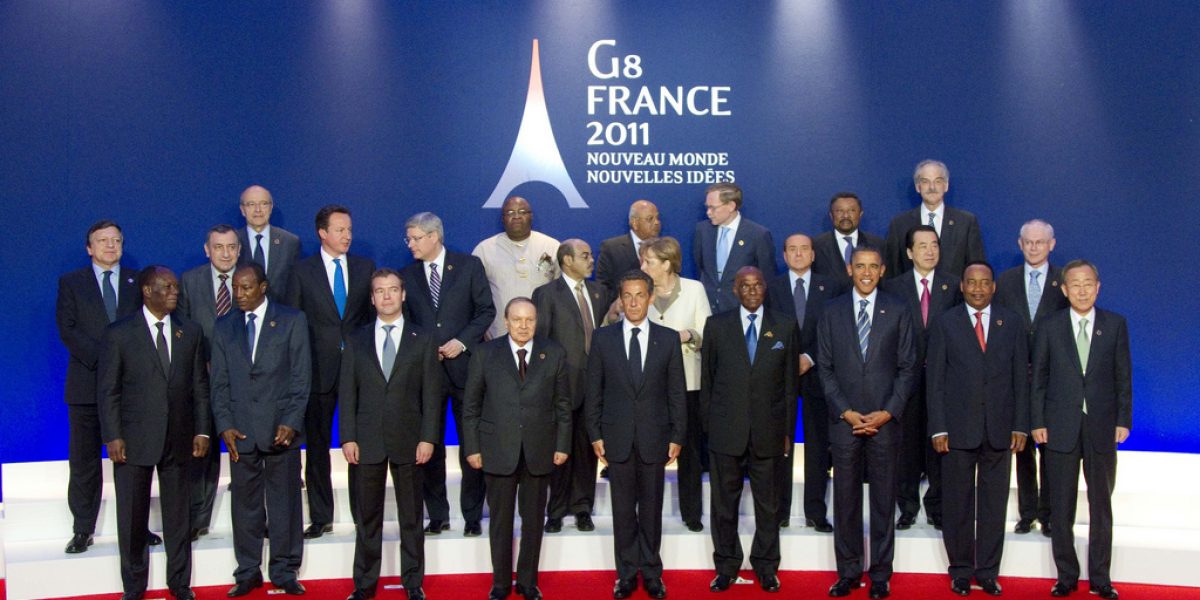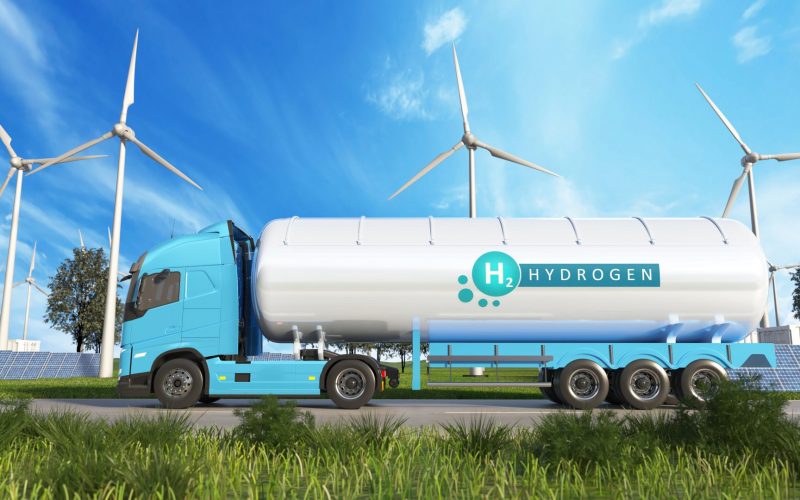Although the report stops short of charting a clear way forward in the relationship, it proposes some positive measures, writes AllAfrica guest columnist George Katito, and this week’s G8 Summit needs to identify bottlenecks to aid flows. Three years after committing to significant increases in aid to African countries, the G8 nations are well below their targets, according to a recent report by the Africa Progress Panel.
The London-based panel, chaired by former United Nations Secretary General Kofi Annan’ is tasked with monitoring Africa’s economic and other progress and serving as a “mechanism to ensure promises to Africa are kept.”
However, the panel’s first report stops short of charting a clear way forward for the G8 and Africa.
The report tracks, among other things, the economic and political gains made by African countries. Special mention is made of initiatives such the African Peer Review Mechanism (APRM), Africa’s average economic growth rate of 6.6 percent in 2007, and Africa’s success in pushing poverty levels down six percentage points since 2000 and increasing primary school enrolment levels by 36 percent between 1999 and 2005.
But the panel casts doubt on the G8’s commitment to increasing aid levels by 2010. It asserts that the group has collectively fallen short of target by U.S. $40 billion, that it will be unable to accelerate the pace of disbursing aid and that it will therefore miss its targets.
The reasons for the gap between promise and delivery are not clearly named in the panel’s report. Although independent sources identify countries such as France and Italy as key defaulters, the panel steers clear of pinpointing responsibility.
Its recommendations offer only generic solutions to addressing the backlog in donor commitments by suggesting, among other things, that G8 countries consider carbon taxation, currency transaction taxes and the establishment of a global lottery as ways of funding development in Africa.
By not giving clear, specific recommendations to those G8 countries which need to rethink how to meet their aid commitments, the panel has fallen short of fulfilling its mandate to make them accountable for unfulfilled pledges to Africa.
To the panel’s credit, however, its report proposes positive measures that African countries should take to keep their end of the bargain which former British prime minister Tony Blair has described as a “new partnership with Africa.”
In light of the fact that 70 percent of business failures in Africa are directly attributable to poor infrastructure, the panel suggests that African governments should direct efforts towards attracting private investment into infrastructure development. The report also proposes that African leaders should introduce policies to stimulate higher agricultural production in the long term.
A set of short- and medium-term interventions to tackle the current shortage in supply of food is also suggested. Countries are asked to adopt strategies to cope with climate change and to secure peace in the continent’s troubled spots – Sudan’s Darfur region and the eastern Congo in particular.
Nonetheless, the report lays scant emphasis on the responsibility of African governments to tackle corruption – and by extension to create a conducive environment for aid to be used effectively. Corruption is estimated to cost African countries approximately 25 percent of the continent’s total Gross National Income, according to the African Union, and remains pervasive according to the global anti-corruption watchdog, Transparency International.
While the report gives an instructive assessment of the current relationship between the G8 and its African partners, it misses the opportunity to offer a robust set of recommendations to the G8 on how to increase aid to Africa and direct it towards development.
When the G8 leaders meet in Hoikkado, Japan, in the coming days, it is imperative that they reconfirm their commitment to partnering African governments in developing the continent. They need to identify bottlenecks to delivering on aid commitments thus far and come forward with a set of revised commitments.
For their part, African governments have a critical responsibility to deepen their commitment to transparent governance.
Both sides need to follow through on and honour the pledges they have made.






